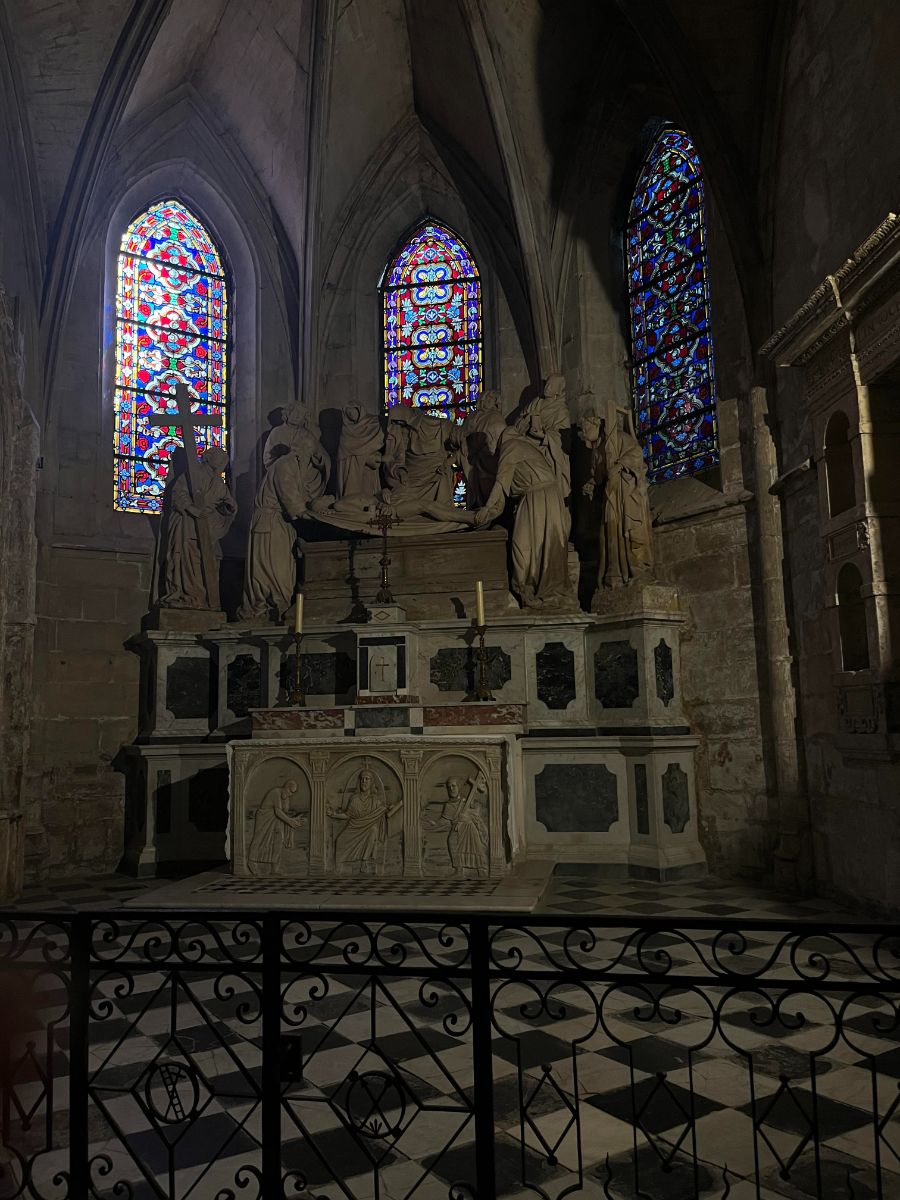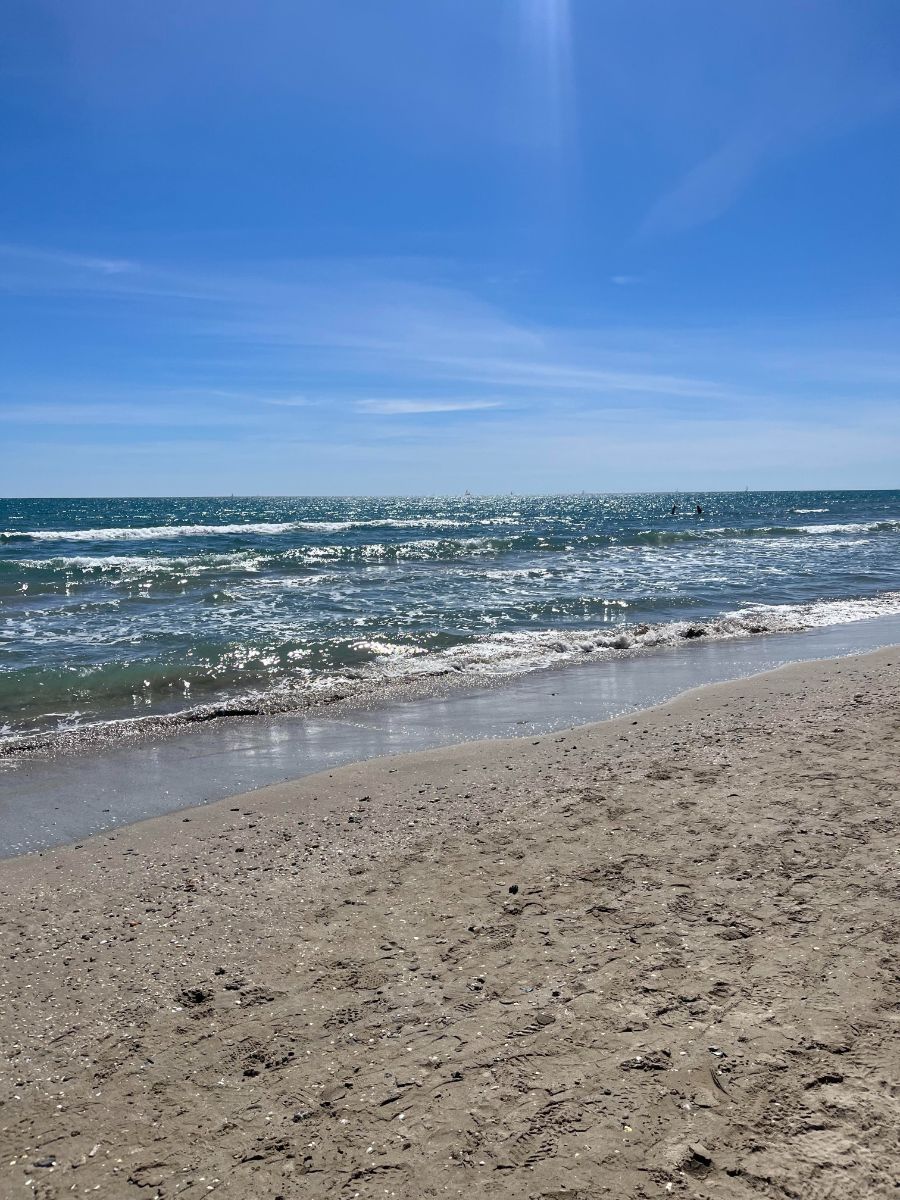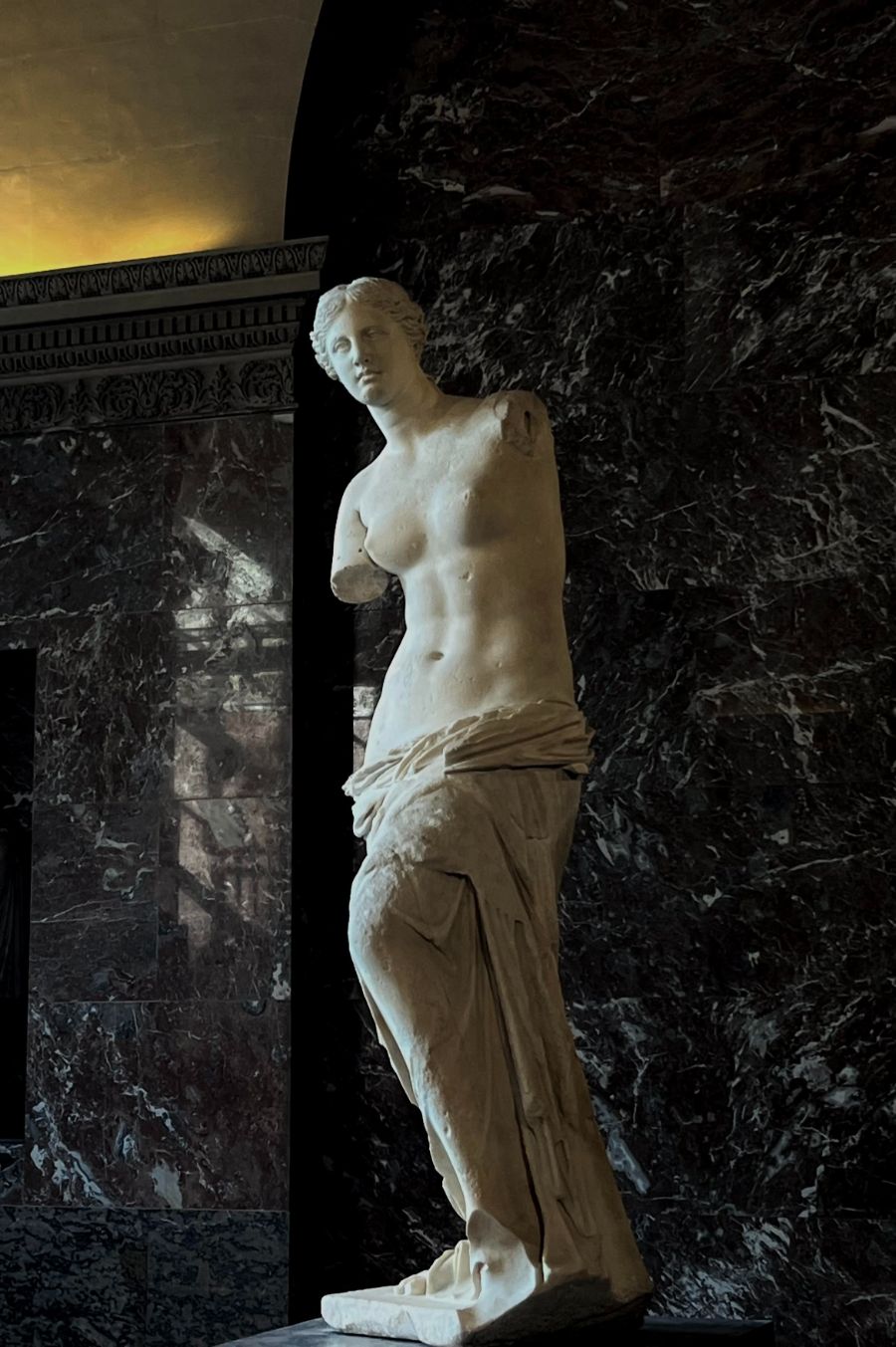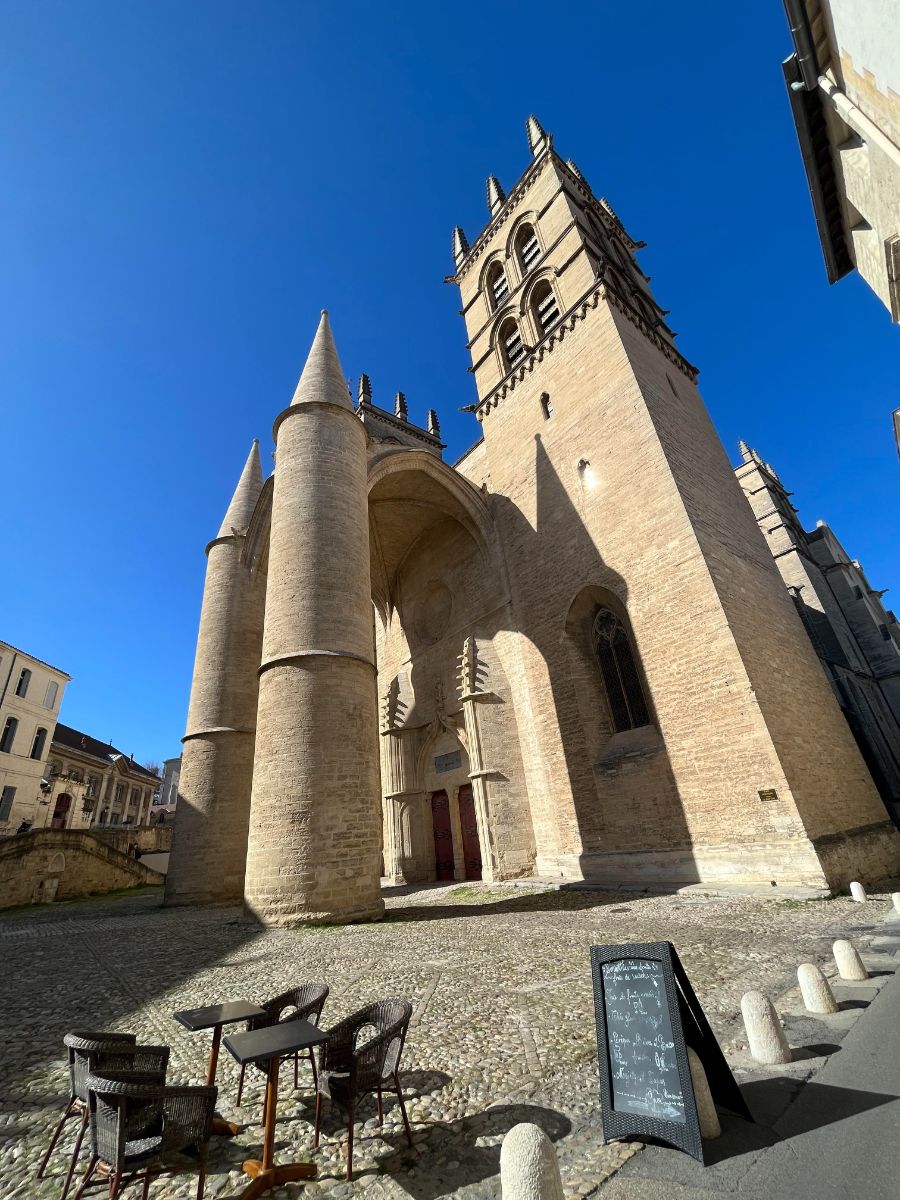Gabrielle Walton
About My Study Abroad Program
Major/Minor: Psychology, French
Program: UNC in Montpellier, Université Paul Valery 3
Location: Montpellier, France
Email: littleb@ad.unc.edu
Term: Spring 2022
Why did you choose to study abroad and how did you select your program?
Studying abroad has been one of my goals for college and for learning French since early high school. I knew that, no matter how good my grades were and no matter how much I thought I was able to speak French, I would never achieve fluency without living in a francophone county. I decided on the UNC in Montpellier program after an informational session in a French class during fall of my freshman year. Living with an engaging host family, going to an actual French university, and it's location on the Mediterranean Sea made the program ideal to me. Even though Paris had its allure, the UNC in Montpellier program offered an atypical French experience. Americans don't seem to know much of or talk about the South of France, and this opportunity piqued my curiosity of Southern French culture, customs, and history. I wanted to understand France and French culture from a non-Parisian perspective, so I chose to go to Montpellier.
What did you learn about yourself?
I learned that I have immense amounts of courage that I had taken for granted in the past. I drew on my courage to put myself in uncertain situations in order to accomplish necessary tasks. Examples of such situations include when got lost on my first day at the new university (because, due to my covid diagnosis, I had arrived a week later and missed the university tour) and had to speak to the university faculty, when I got a blood test to try to get my covid pass, and when I checked into a Parisian hotel. All of these tasks were done completely in French. I learned that if I tried, I could actually get things done -- I didn't have to sit and worry about the future, hoping that things would go exactly as I envisioned them. When there are problems, I confront them head on, because the hardest and usually the shortest part of a problem is discerning the best solution. After that, all there is to do is put your hands and mind to work. Through this realization, I felt a lot of liberty, freedom, and realized my competence as the person most responsible of my own happiness.
What is one of your favorite memories from your program?
My favorite memory has to be when my family came to visit my host family. Because I had suddenly gotten covid before traveling, and my vaccine wasn't recognized by the French government, I couldn't receive the European Covid Pass. As a result, I couldn't go out to eat, to concerts, sit in cafés, or travel for the first 3 of the 4 months I was in France.This restriction turned out to be a blessing, as I was able to spend a great amount of time with and become close to my host family. Earlier in the semester, I had been so nervous to speak French, but my host family was very welcoming and kind towards me, so over time I came out of my shell. It got to the point that I expressed my desire for them to meet my American family, to which they enthusiastically agreed. When my family came to visit, my host mom prepared an amazing meal, cooking local seafood in a rice dish, plus an assortment of typical French appetizers, like cornichons, tapenade, and cheese. My family's visit felt like the ultimate presentation of my growth because I acted as translator for both of my families. I showed off my French skill, and was able to foster the connection between my host family and my American family. At the end of the dinner, my host parents joked that they were going to keep me, and they considered me one of their own. I truly felt like I had two families.
What advice do you have for future study abroad students?
My advice to future students is to keep moving forward. Studying abroad is definitely hard, from the language barrier to struggles to connect with your peers, but if you face your fears and don't decide that your problems are the end of the line, you can gain so much more than you may have lost. Solitude can be a gift. Challenges are opportunities. Peace is something you have the power to create with your own hands. You don't need anyone's permission in order to achieve.
How do you identify?
Student of color, Covenant Scholars, Scholarship Recipient
Could you share any experiences where your identity played a role in your time abroad?
I noticed that, to the French people with whom I spoke about race, my blackness meant something different than what it means in the US. First, being mixed was a classification in on its own; black mixed people didn't have to choose between black or white. Second, I get the impression that most people didn't think that, ethnically, I was French. If anything, I was from Martinique, as one man guessed. Even if they thought I was French, I think they thought I was either mixed or from one of the territories outside of Europe.
Is there any advice you would give to other students who share your identity?
Don't make assumptions about what other people think. The American racial framework doesn't apply completely, so keep an open mind and try to accept and understand different perspectives of the world. That being said, don't let people be racist to you. Since you would be a foreigner, though, I would say prioritize your safety and leave if someone is being racist. Also, don't erase your identity to fit the framework of another country. You can be there and have your identity exist as you define it while acknowledging other people's perspectives of you.
If you faced any challenges abroad, where could you turn to get the support you needed?
The program director, Madame Huber, and my host mom were my biggest cheerleaders and supporters. With any issue, I could go to Madame Huber and get her support, whether it was emotional or practical. She was amazing, and I'm so happy I was able to get to know her. My host mom was also always there to give me advice or encouragement.
Memories




